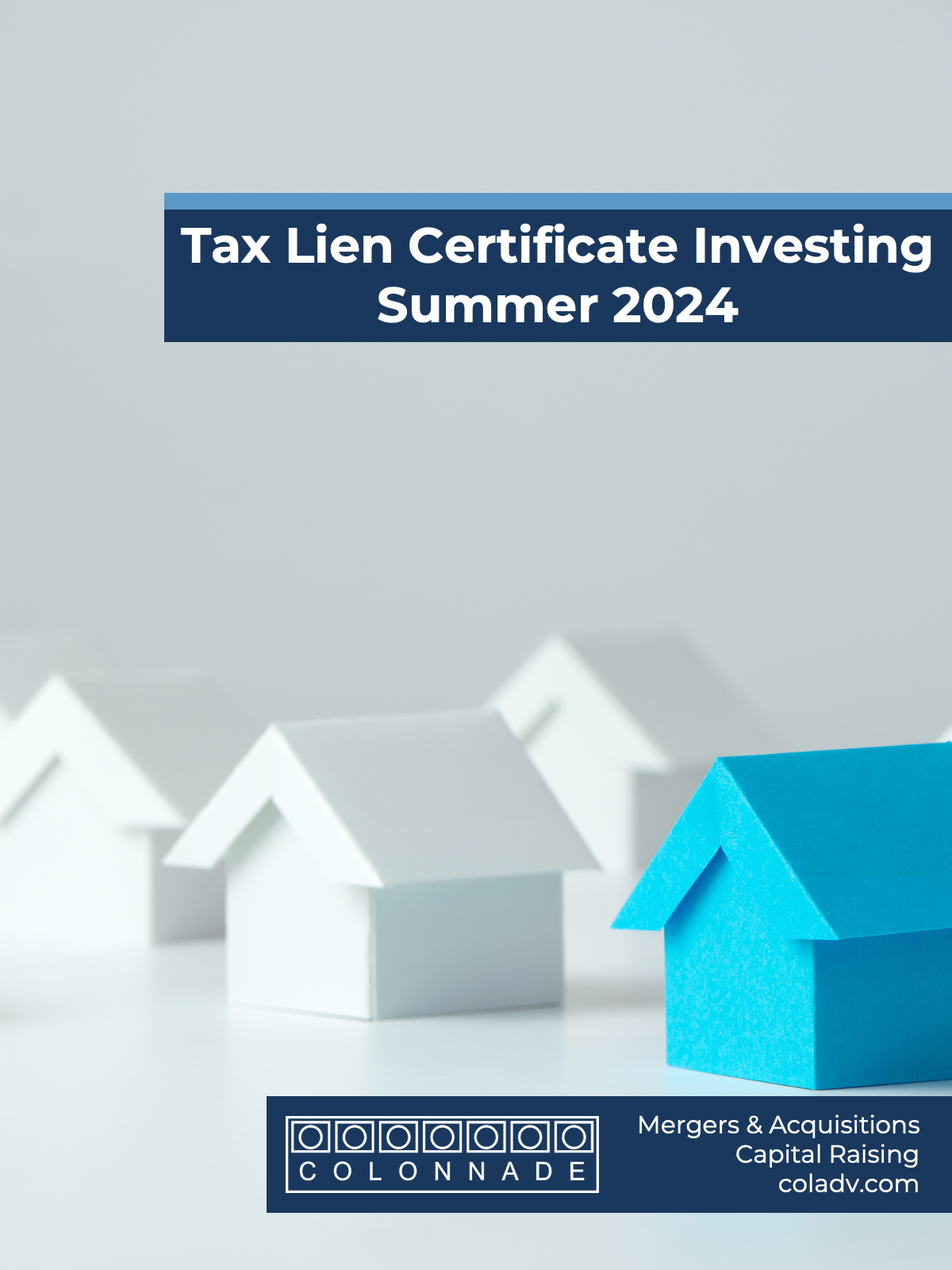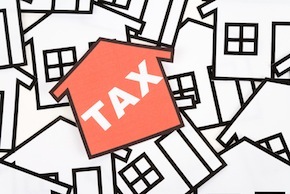All Categories
Featured
Table of Contents
In a lot of cases, you will have to outbid other investors by offering to pay a greater costs (tax lien tax deed investing). This premium is typically less than the actual quantity of taxes owed, yet it depends on the financier to decide if the risk deserves the collection benefit. In the majority of areas, residential property tax obligations are around one percent of the residential or commercial property's value

Tax lien financiers make their money on the interest settlements they gather when the house owner pays back the taxes they owe. In some places, these rate of interest are as high as 18 percent, which is a lot more than the ordinary credit scores card rate of interest. Homeowner can pay what they owe at one time, or they can go on a repayment plan varying from one to three years.
Is Tax Lien Investing Profitable
In the above instance, somebody with an exceptional tax obligation financial obligation of $4k (two years of back taxes) would certainly be providing a tax lien owner with potentially up to $720 in rate of interest repayments, collaborating with the 18 percent rates of interest we mentioned previously. One of the best benefits to tax obligation lien financiers is the potential to acquire a brand-new building for their genuine estate portfolio, without having to pay its market price.

This is a technique that several actual estate capitalists utilize to obtain undervalued homes or troubled residential or commercial properties. And if the residential or commercial property owner does pay their debts, they will certainly still earn a profit in the kind of passion. It's a great deal for the tax lien capitalist. There are some cons to tax lien investing.
Once the lien is paid, the investor needs to carry on and seek a new financial investment. Obviously, if the homeowner is still in default, the lien holder will acquire the building, which might come to be a persisting income source. Somebody who acquires a tax lien might discover themselves entangled with various other liens on the building, especially if they wind up asserting the residential property in the event that the financial obligation goes unpaid.
This could bring about lots of legal battles, which is why it is very important to work with attorneys and tax experts who understand things like act vs title. and can assist with doing due persistance on a residential property. The laws around tax obligation lien investing (and associated issueslike foreclosing on occupants) are not uniform throughout states that offer investors the capacity to take part in a tax lien sale.
Given that tax liens are usually cost auction, competing bidders will certainly bid up the premium and bid down the rates of interest that can be accumulated on the unsettled tax obligations. The victor of the auction will be the actual estate capitalist who is paying the highest possible costs and getting the most affordable interest price in return.
Invest In Tax Liens Online
In this vein, tax obligation lien investing is a little more sport-like than standard passive methods of earning income. The very first thing you'll intend to do is get knowledgeable about the area you're considering in regards to the genuine estate market. Bear in mind that one upside of ending up being a lienholder is collecting the building if the financial obligation goes unpaid, so you will require to understand where that home is.
Once you have actually determined these information out, you need to contact your regional region treasurer's office to figure out when and where the following tax lien auction is being held. These auctions are often kept in individual, however in today's day and age, most of have actually transitioned to online places.

The majority of regional papers release these checklists every year or semiannually. This can provide you an excellent idea about upcoming opportunities. Keep in mind that building taxes are usually one percent of the residential property value, yet overdue taxes building up over numerous years may be an extra substantial amount. You can utilize your own cash gets or explore choices like realty crowdfunding to get the funding you need.
Tax Lien Investing Books
it has the added perk of getting the residential property if the financial obligation continues to be overdue. While it can be a rewarding possibility for the capitalist, it does call for some calculated footwork. Occupants and property owners do have legal securities that make tax lien investing a much more involved procedure than simply bidding to buy a debt and waiting to collect the settlement.
Purchasing tax liens entails acquiring a lawful case on a property as a result of overdue real estate tax. This approach of investing has obtained appeal as a result of its possibility for high returns with fairly reduced preliminary capital. Tax obligation liens are typically offered at public auctions, and the process can differ depending on the location.

Investors seek tax liens for several reasons: 1. Reduced Initial Investment: Tax lien spending frequently needs a small quantity of money to start, making it obtainable to a large range of financiers. Some tax liens can be purchased for as little as a few hundred dollars. 2. High Returns: The rate of interest on tax liens can be significantly greater than traditional investment returns.
Tax Liens Investment
Home Procurement: If the home proprietor falls short to pay the past due tax obligations and passion within the redemption duration, the capitalist may have the right to confiscate and get the residential property. When investors buy a tax obligation lien, they pay the overdue tax obligations on a residential property and get a tax obligation lien certification.
Repayment by the Building Proprietor: The residential or commercial property proprietor pays back the overdue tax obligations plus rate of interest within a specified period, and the capitalist gets the settlement with interest. Foreclosure: If the building owner does not repay the tax obligations within the redemption duration, the investor can launch foreclosure procedures to acquire the property.
The self-directed Individual retirement account acquisitions the lien certification and pays associated charges. Tax Lien: The federal government markets a lien on the property due to unpaid tax obligations.
Real Estate Tax Lien Investments
Tax Deed: The federal government sells the actual act to the residential property at public auction. The winning prospective buyer obtains ownership of the residential or commercial property instantly. Some states make use of a hybrid technique, where a lien may result in an action sale if not settled. According to the National Tax Obligation Lien Organization (NTLA), 36 states and 2,500 territories within the US allow for the sale of tax obligation liens, while just 31 states enable tax obligation action sales.
Latest Posts
Qualified Purchaser
What Is Tax Lien Certificate Investing
Sec Rule 501 Of Regulation D